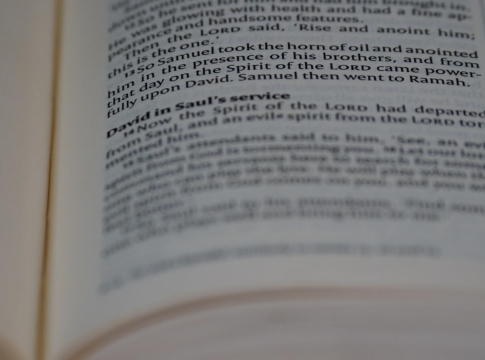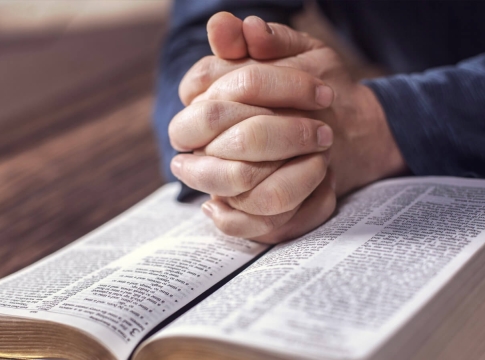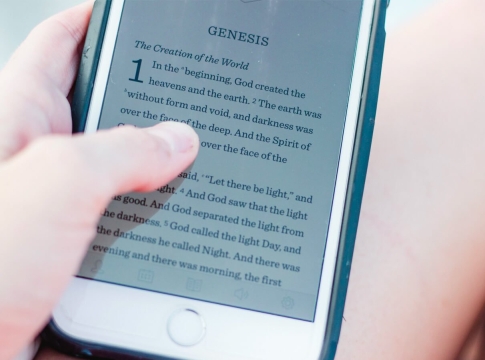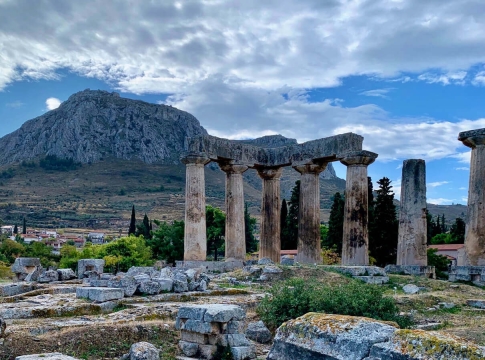
Background and setting
The name of this book, Amos, comes from the name of the prophet whose words it contains. A shepherd and farmer by trade, he was given a unique assignment to bring God’s word to the Israelites—or, more accurately, to the northern kingdom, since the Israelites had divided into two kingdoms around 150 years prior to Amos’ time. The book was written in 750 BC.
Jeroboam II was an economically and politically successful monarch during Amos’s lifetime. But he did not fear God; rather, he accepted social injustice and worshipped idols.
Judgment of neighboring countries
Israel’s neighbors are accused of aggression and injustice in a series of brief poems. God declares that He is going to judge them. For example, consider Amos 1:6-7.
“Thus declares the Lord: I will not undo the punishment for Gaza’s three crimes, and for their fourth, because they dragged an entire people into exile in order to hand them over to Edom. Consequently, I will unleash fire upon Gaza’s wall, and it will devour her strongholds.
Amos is speaking to many ethnic groups in and around Israel, and it’s likely that his listeners concurred that these countries required judgment.
Judgment of Israel
However, Amos continues. In a poem three times longer than the others, he charges idolatry and social injustice against Israel itself:
“because they trample the head of the poor into the dust of the earth and turn aside the way of the afflicted; a man and his father go in to the same girl, so that My holy name is profaned; they sell the righteous for silver, and the needy for a pair of sandals” (Amos 2:6-7).
Because God has treated Israel so nicely and because they are completely aware of God’s word, God takes this situation much more seriously.
“I will punish you for all your iniquities because I only know about you and all the families on earth” (Amos 3:2).
Given Israel’s lofty aspirations and weighty responsibilities, the fallout from their uprising was equally severe.
Poems and visions
There are other poems on Israel’s religious hypocrisy in the remaining books written by Amos. Because of the immense injustice that goes along with their sacrifices and religious gatherings, God dislikes both of them. Righteous connections with other people ought to follow from a genuine relationship with God.
In addition, God expressly condemns the Israelites for their idolatry and attempt to serve Him according to their own will. Amos paints a detailed picture of how He will overthrow the Israelite kingdom.
The day of the Lord
The Israelites anticipated “the day of the Lord,” or a time when God would make a historical intervention. They believed that God will subsequently establish Israeli sovereignty over the rest of the world and judge the nations. They anticipated a magnificent future. However, Amos drastically refutes this viewpoint (Amos 5:18):
“Alas for those who long for the Lord’s day! Why would you desire the Lord’s Day? It is not light, but rather darkness.
It is true that the nations will be judged on “the day of the Lord” (Isaiah 13:6–9, Jeremiah 46:10, Obadiah 1:15). However, Israel will face the same judgment as the other countries since it is equally guilty. This did in fact occur: the Assyrian army seized and exiled Israel some 40 years after Amos’ prophecies.
God remains gracious
God does not, however, completely destroy his people. God promises that the people’s complete destruction—which is pictured as a swarm of locusts and a searing fire—”shall not be” in response to Amos’s pleas on their behalf (Amos 7:1-6). God promises the restoration of the Israelites, despite the fact that they were sent into exile because they had disregarded Amos’ warnings.
“That day, declares the Lord Who does this, I will raise up the fallen booth of David and mend its breaches, and raise up its ruins and rebuild it as in the days of old, that they may possess the remnant of Edom and all the nations that are called by My name” (Amos 9:11–12).
Lessons for us
The following are Amos’s major topics and the lessons we can take away from it:
- A genuine connection with God ought to be seen in social justice and morality. Worship that is not sincere does not please the Lord.
- God and the Israelites enjoyed a special and exclusive relationship. They had a great deal of responsibility along with their big calling. Consider the responsibilities that come with your role!
- God is righteous. He has passed judgment on surrounding sinful nations. The Israelites are in exile because of him. He will also hold us accountable if we disobey his wishes.
- God is so kind. He gave hope for the future even to the ungodly and idolatrous Israelites. Rather than destroying humanity, he wants to provide a means of escape.
Want to know more?
The best course of action, of course, is to read the book of Amos yourself if you’re interested in knowing more about it. Additionally, you could view The Bible Project’s introduction video:





